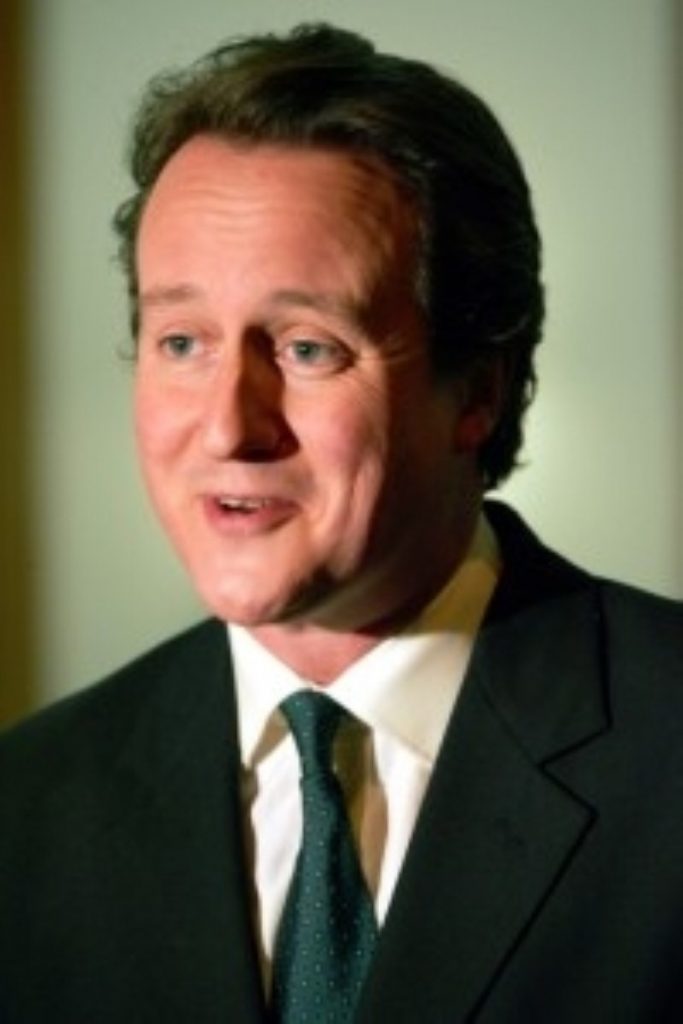Cameron moots new tax perks for families
Families could earn up to £20,000 tax free under new plans being considered by the Conservatives.
Leader David Cameron said the proposals, which were recently introduced in Germany, were a “truly Conservative approach” to supporting families while trusting them to manage their own finances.
He also suggested making childcare tax free as a key step towards giving parents – and people in civil partnerships with children – a real choice whether to stay at home and look after their children or to work.
“We must look at the fact that a working man can get tax relief on his mobile phone bill, but a working woman can’t get tax relief for someone who looks after her child,” he told the National Family and Parenting Academy.


“Tax relief on childcare for working parents would end this anomaly, and our policy review is investigating this option. Alongside transferable tax allowances it would put real choice in the hands of parents.
“A real choice about whether to work or stay at home, and a real choice over the type of childcare they can use.”
In a heavily-trailed speech on family life this afternoon, Mr Cameron made clear that while he did not believe the state could force people into certain lifestyles, he did not think politicians could be “cold and amoral” on the issue either.
“More and more of the evidence that’s coming in shows that the institution of marriage has a good record in terms of delivering a stable family background,” he said.
“This is not about preaching. It’s not about religion. It’s about the evidence of what works. In general it’s clear that marriage works, so it shouldn’t be too much to expect governments to support and sustain the married family.”
Plans for transferable tax allowances, and a reassessment of the government’s complicated tax credit system, would help families financially, Mr Cameron said. But he insisted society could also help hold families together in other ways.
“When we think of family policy, we rightly focus much attention on the relationship between parent and child. But the truth is that often the best way of improving the parent-child relationship is to improve the couple relationship,” he said.
He cited the family relationship centres used in Australia as one example of how the government could help couples by giving them somewhere to seek expert advice.
Mr Cameron’s focus on the family and the work life balance – including his statement at the weekend that he would rather be a good dad than prime minister – have won him increasing support from the public, and women in particular.
But Labour chief whip Jacqui Smith warned the Tory leader’s track record was a far cry from his current rhetoric, pointing out he had opposed the introduction of paid paternity leave and dismissed as “political correctness” plans for transferable maternal leave.
“If David Cameron really thinks that Labour’s family-friendly legislation is ‘damaging our competitiveness’, he should come clean about which of our measures he intends to reverse,” she said.












